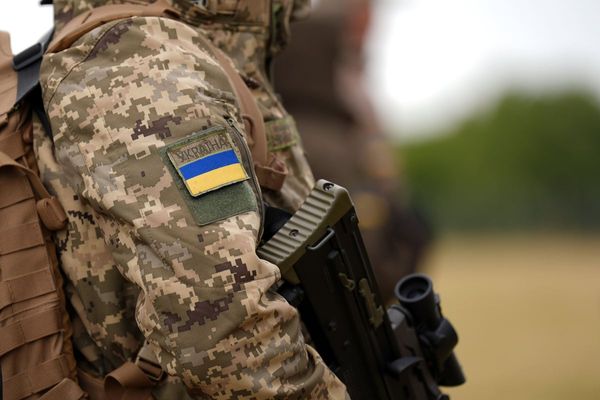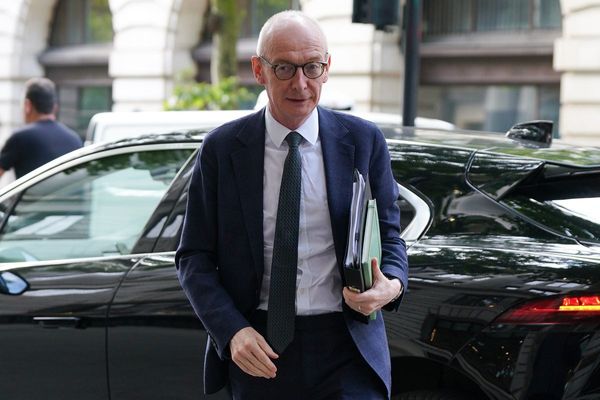The philosophical debate about the existence of time is perhaps as old as time itself, but there is little argument the construct has an almost all-encompassing impact on our daily lives.
While many of us take the passage of a split-second for granted, for Michael Wouters it's a serious business.
Dr Wouters is the National Measurements Institute's leader for the standards of time and frequency.
In essence, it's his job to ensure Australia is in perfect time.
"We measure time with atomic clocks at the root of everything," Dr Wouters said.
"You have common clocks, like the one in your watch, which is a little quartz oscillator, but ultimately what one second is is defined by atomic clocks.
"The caesium atom is the atom that's been chosen to define what one second is and the thing that we count inside the caesium atom ticks about nine billion times per second.
"So what we do is, we say one second is an exact number of those ticks — we just count them up until we get to that number and then we say that's one second."
Dr Wouters said the field of Time and Frequency metrology, the measure of time, is highly specialised with only three other experts in Australia and relies on the National Association of Testing.
Our ever-increasing reliance on new technologies means the measure of time has never been so critical.
Dr Woutens said many of the devices and applications we use on a daily basis would be redundant without precise synchronisation.
"GPS, for instance, works fundamentally on timing measurements and atomic clocks — that's how it works," he said.
"It measures the time that the GPS receiver in your phone or car, it measures the time it takes the signals to arrive from the GPS satellite system and those timing measurements are used to work out distances.
"With mobile phone communications, each mobile phone base station has to be synchronised to within a few millionths of a second so that when you move from one cell to another, the call doesn't get dropped."
Everything from satellites in the sky, to stockmarkets to news broadcasts the world over rely on exact timing.
There is no central clock that everything is synced to.
Dr Woutens said the global community instead kept time with a "paper clock".
"The international time standard is something called Coordinated Universal Time, or UTC," he said.
"But it's not a physical clock — it's an average of clocks all around the world.
"Obviously to count time you need a physical clock going tick, tick, tick, but UTC isn't a physical clock.
"What we do is make measurements of our clocks with respect to a common reference and all those measurements from other clocks around the world get combined into an average.
"That average time is called UTC and the term … is a 'paper clock'.
"UTC is a paper clock — it's not a real clock."







